Demolition Contractors Edgewater
Top Building Demolition in Edgewater
Receive up to 3 Local Demolition Contractors quotes for your project today! Compare profiles, reviews, accreditations, portfolio, etc... and choose the best service.
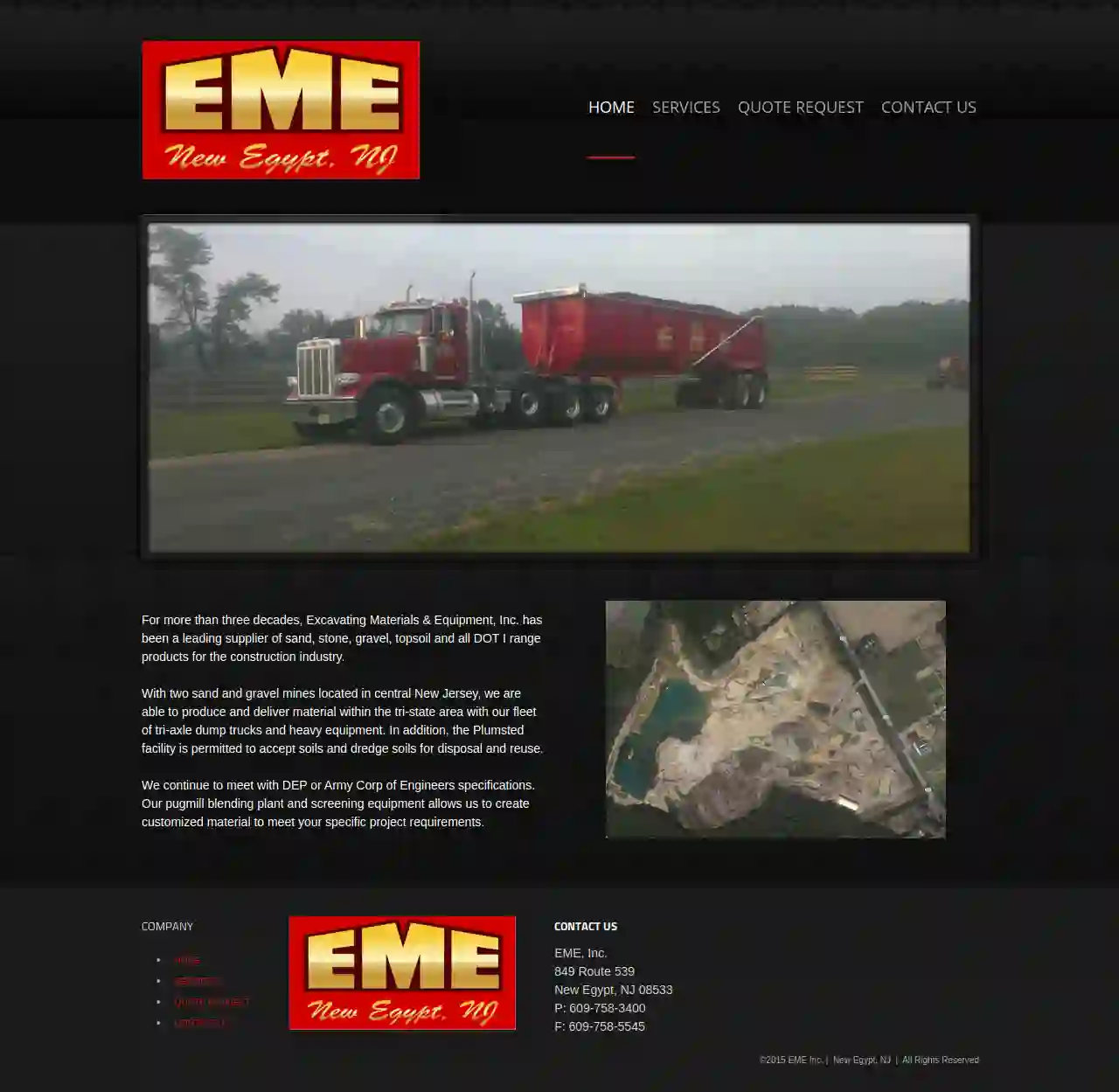
Excavating Materials & Equipment, Inc.
37 reviews849 Route 539, New Egypt, 08533, USExcavating Materials & Equipment, Inc. (EME) For over three decades, EME has been a leading supplier of sand, stone, gravel, topsoil, and DOT I range products for the construction industry in central New Jersey. We operate two sand and gravel mines, ensuring we can efficiently produce and deliver materials within the tri-state area using our fleet of tri-axle dump trucks and heavy equipment. Our commitment to quality extends beyond material supply. The Plumsted facility is permitted to accept soils and dredge soils for disposal and reuse, adhering to strict DEP and Army Corp of Engineers specifications. Our pugmill blending plant and screening equipment allow us to create customized materials tailored to your specific project requirements.
- Services
- Why Us?
- Gallery
Get Quote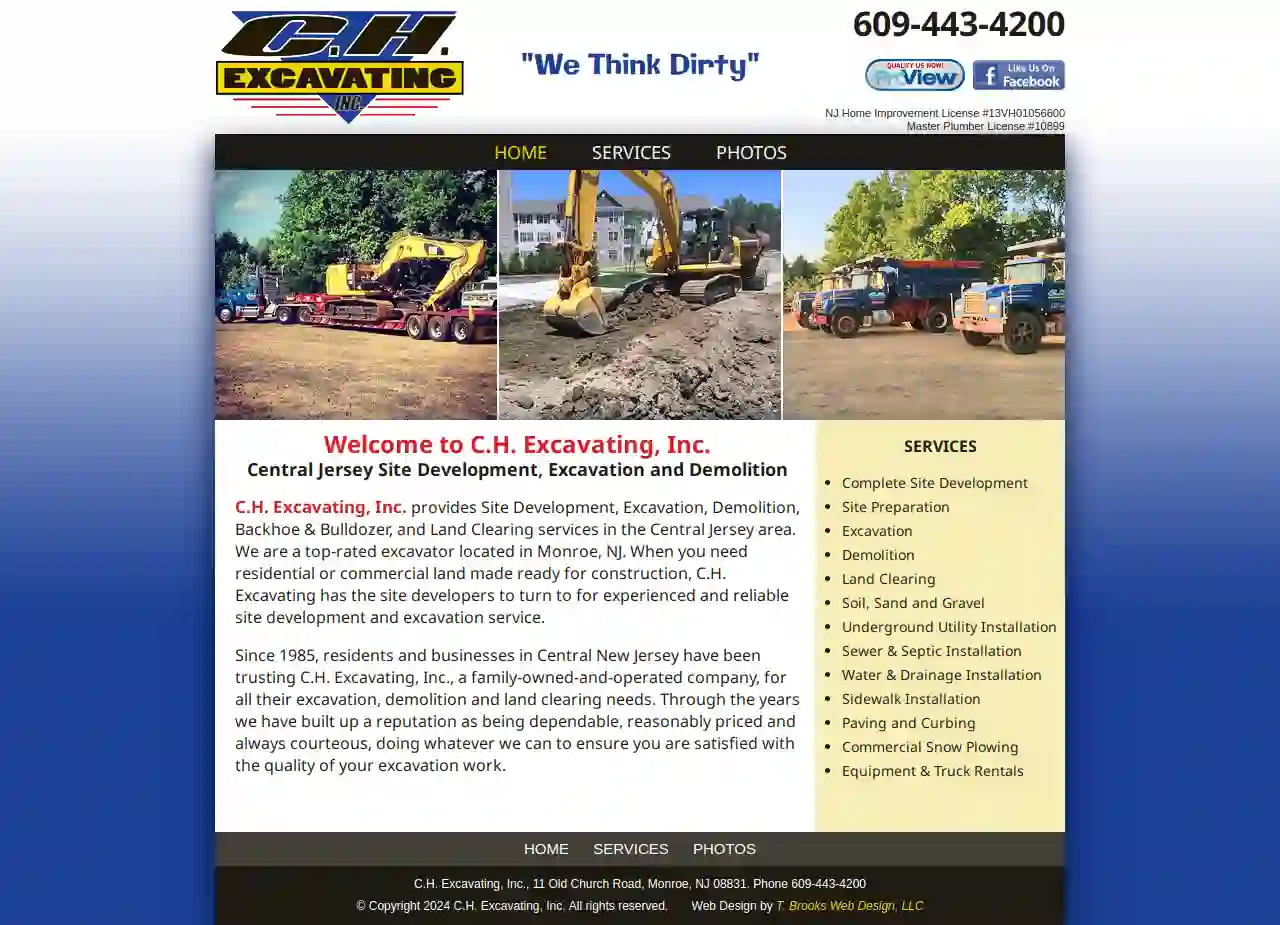
C H Excavating Contractors Inc
53 reviews11 Old Church Road, Monroe, 08831, USWelcome to C.H. Excavating, Inc. Central Jersey Site Development, Excavation and Demolition C.H. Excavating, Inc. provides Site Development, Excavation, Demolition, Backhoe & Bulldozer, and Land Clearing services in the Central Jersey area. We are a top-rated excavator located in Monroe, NJ. When you need residential or commercial land made ready for construction, C.H. Excavating has the site developers to turn to for experienced and reliable site development and excavation service. Since 1985, residents and businesses in Central New Jersey have been trusting C.H. Excavating, Inc., a family-owned-and-operated company, for all their excavation, demolition and land clearing needs. Through the years we have built up a reputation as being dependable, reasonably priced and always courteous, doing whatever we can to ensure you are satisfied with the quality of your excavation work.
- Services
- Why Us?
- Gallery
Get Quote
SJ Hauck Construction
4.882 reviewsAtlantic City, USSafer Structures Streamlined Solutions Whether you're starting a new commercial project or are getting ready to build a new house, if you have an existing structure or house on your property that needs to be removed, we are ready! Let the professionals at SJ Hauck Construction get your land ready for building again! Deep foundations are essential for ensuring the stability and safety of structures, especially in areas with challenging soil conditions or where the structure needs to resist high loads or seismic forces. Proper design and construction of deep foundations are crucial to the long-term performance and integrity of the built environment. Support of Excavation (SOE) is a crucial aspect of construction projects that involve digging below ground level. SOE systems are temporary earth-retaining structures designed to control soil movement and prevent cave-ins, ensuring the safety and stability of excavation sites.
- Services
- Why Us?
- Gallery
Get Quote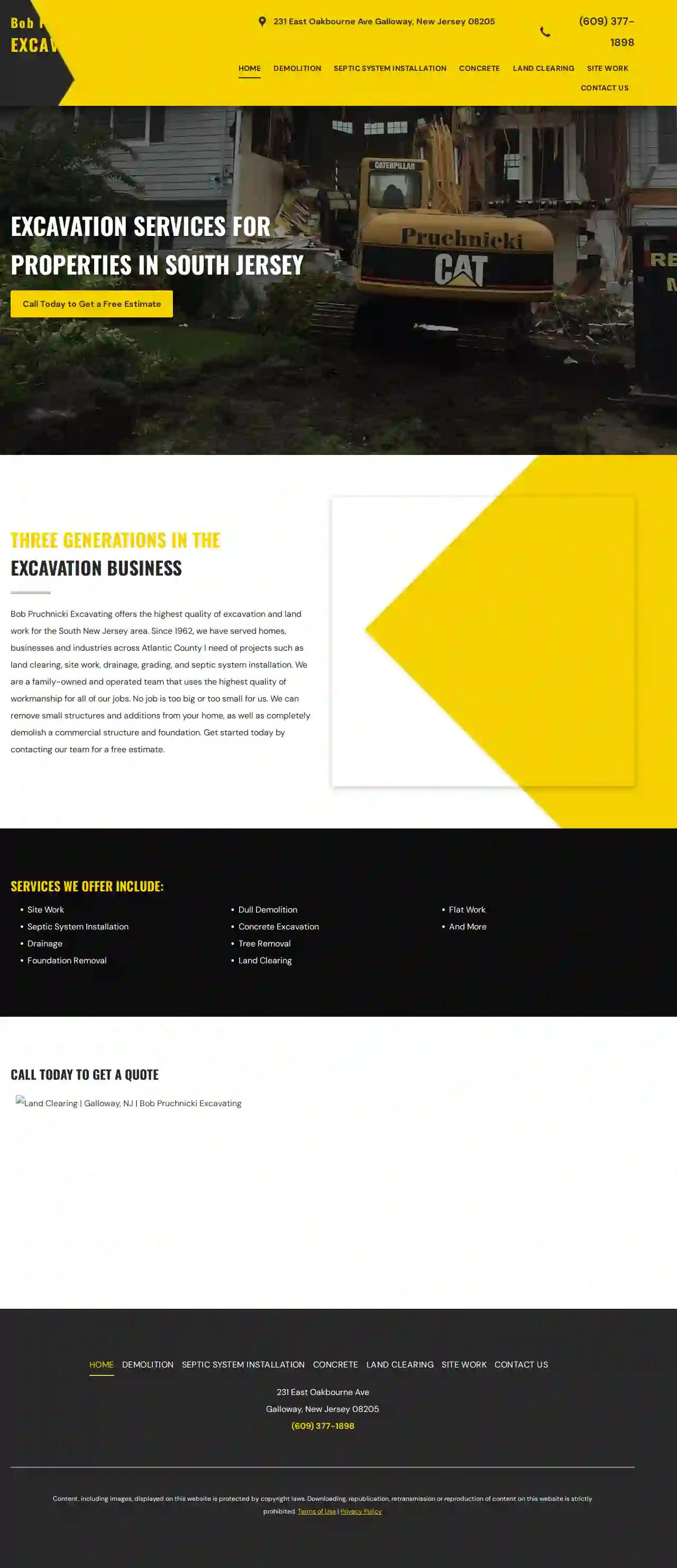
Bob Pruchnicki Excavating
231 East Oakbourne Ave, Galloway, 08205, USExcavation Services for Properties in South Jersey Bob Pruchnicki Excavating offers the highest quality of excavation and land work for the South New Jersey area. Since 1962, we have served homes, businesses and industries across Atlantic County in need of projects such as land clearing, site work, drainage, grading, and septic system installation. We are a family-owned and operated team that uses the highest quality of workmanship for all of our jobs. No job is too big or too small for us. We can remove small structures and additions from your home, as well as completely demolish a commercial structure and foundation. Get started today by contacting our team for a free estimate.
- Services
- Why Us?
- Gallery
Get Quote
Bencardino Excavating Inc
54 reviews1423 Wells Drive, Bensalem, 19020, USGet the job done right with Bencardino Excavating! See How Bencardino Excavating Projects Are Setting The Standard... A long track record of successful projects, larger footprint excavating and sitework capabilities, competitive pricing, a commitment to working safely, and quality workmanship. When you hire Bencardino Excavating with our ability to handle all aspects of your sitework, and possessing decades of experience, you will keep your project on schedule and eliminate delays and change orders that are common when hiring multiple contractors for your project. An Excavating And Sitework Contractor You Can Count On... Bencardino Excavating has over thirty years of experience providing diversified, highly dependable excavating and sitework contracting for our clients in Philadelphia, and the Delaware Valley. As an excavating and sitework contractor, our capabilities allow us to handle all aspects of your project, large or small in a safe, professional, and organized way. Bencardino Excavating has a fleet of heavy-construction equipment, a team of over 140 professionals and the experience to see through any sitework project from start to finish. Our team will bring your project in on time and within budget. Bencardino’s capabilities include: demolition, clearing, excavation, grading, underground utility installation for fire, storm, water and sewer, concrete, paving and emergency services.
- Services
- Why Us?
- Gallery
Get Quote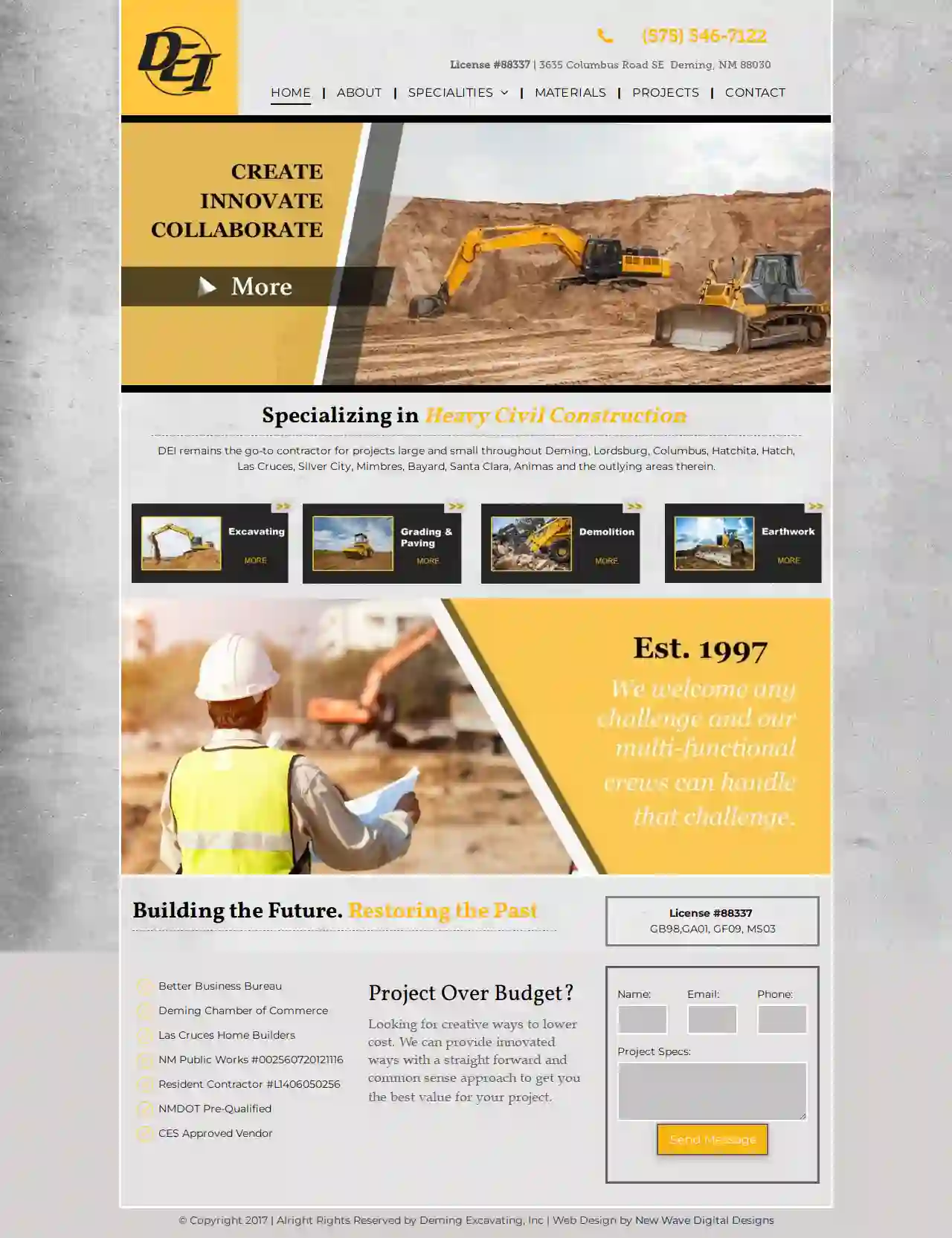
Deming Excavating, Inc.
4.712 reviews3635 Columbus Road SE, 3635 Columbus Rd SE, Deming, 88030, USAbout Deming Excavation, INC. Specializing in Heavy Civil Construction, our multi-faceted experience includes demolition, hauling, earthwork, mass grading, fine grading, wet utilities, asphalt paving, rehabilitation and maintenance, and concrete. We are a complete site development contractor. Our skilled management team is familiar in dealing with private and public agencies. We are prepared to deliver fast, professional, and on-budget services to each and every one of our clients. We believe our commitment to our customers and our work is what sets us apart and makes us the top choice in Southern, New Mexico. Building the Future. Restoring the Past Project Over Budget? Looking for creative ways to lower cost. We can provide innovated ways with a straight forward and common sense approach to get you the best value for your project.
- Services
- Why Us?
- Gallery
Get Quote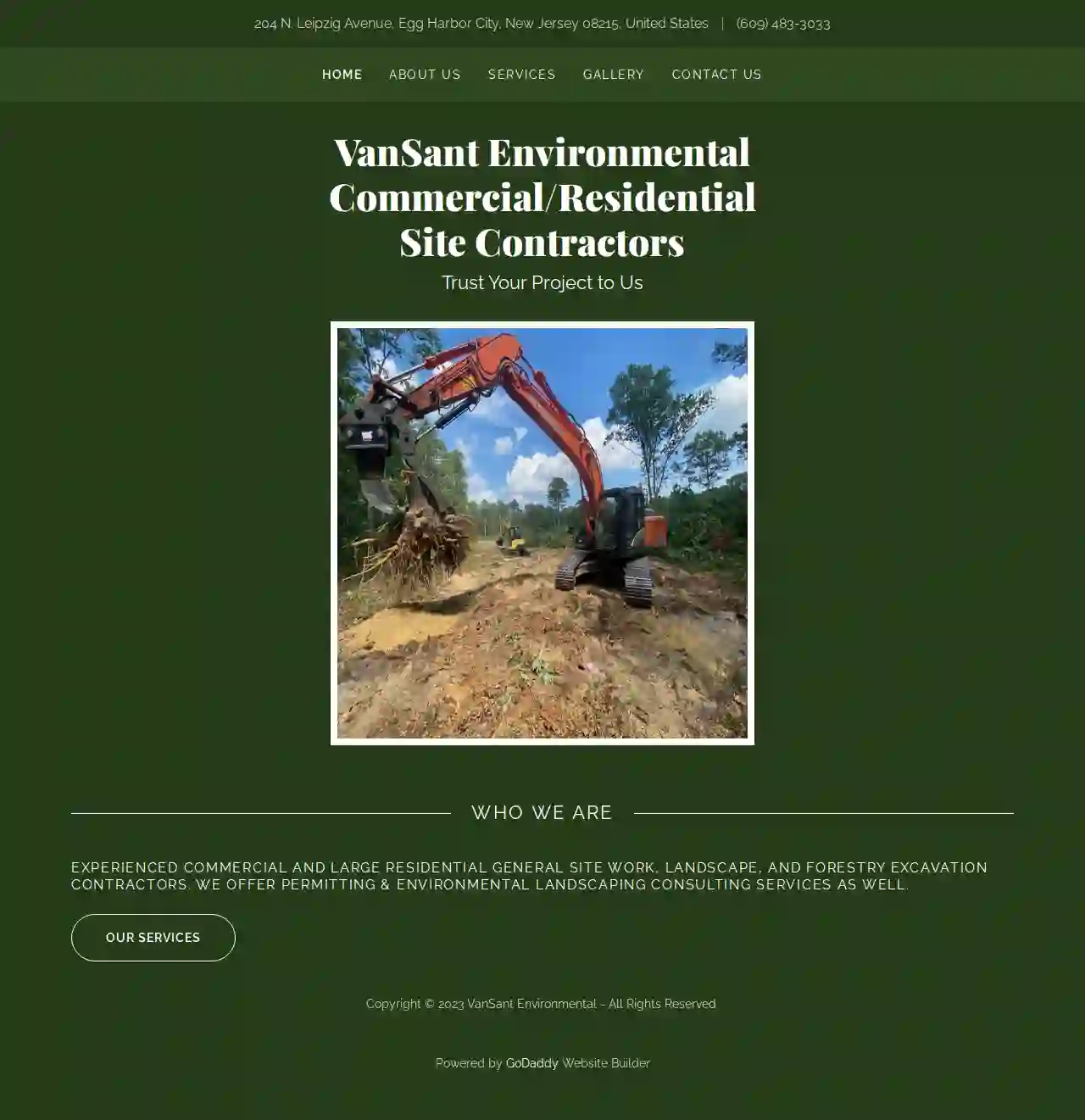
VanSant Environmental Landscaping & Site Work
51 reviews204 North Leipzig Avenue, Galloway, 08215, USWho We Are Experienced Commercial and LARGE Residential General Site work, Landscape, and Forestry EXCAVATION Contractors. We offer permitting & environmental landscaping consulting services as well. Our Team Barry VanSant Barry is the owner and the company's Horticulturist and Landscape Designer/Consultant. He has over 45 years experience in multiple areas of the industry. Samuel VanSant Sam is the company's Project and Construction Manager. He oversees the day-to-day operations and all heavy equipment operations. Adam Wolff Adam is our field engineer. He is a graduate of East Carolina University in construction management and LEED Certified. Frequently Asked Questions Are you insured and licensed? We have all necessary licenses for our area, and we carry insurance for all of our projects. What kind of landscaping do you do? Our specialty is in natural and native plant material and methods that fit the ecology of our area. We proudly support and volunteer for: Team Rubicon USA Volunteer Partner Since Oct. 2016 Habitat For Humanity Volunteer Partner Since Oct. 2016 U.S. Fish and Wildlife Services Volunteer Partner Since Dec. 2018
- Services
- Why Us?
- Our Team
- Gallery
Get Quote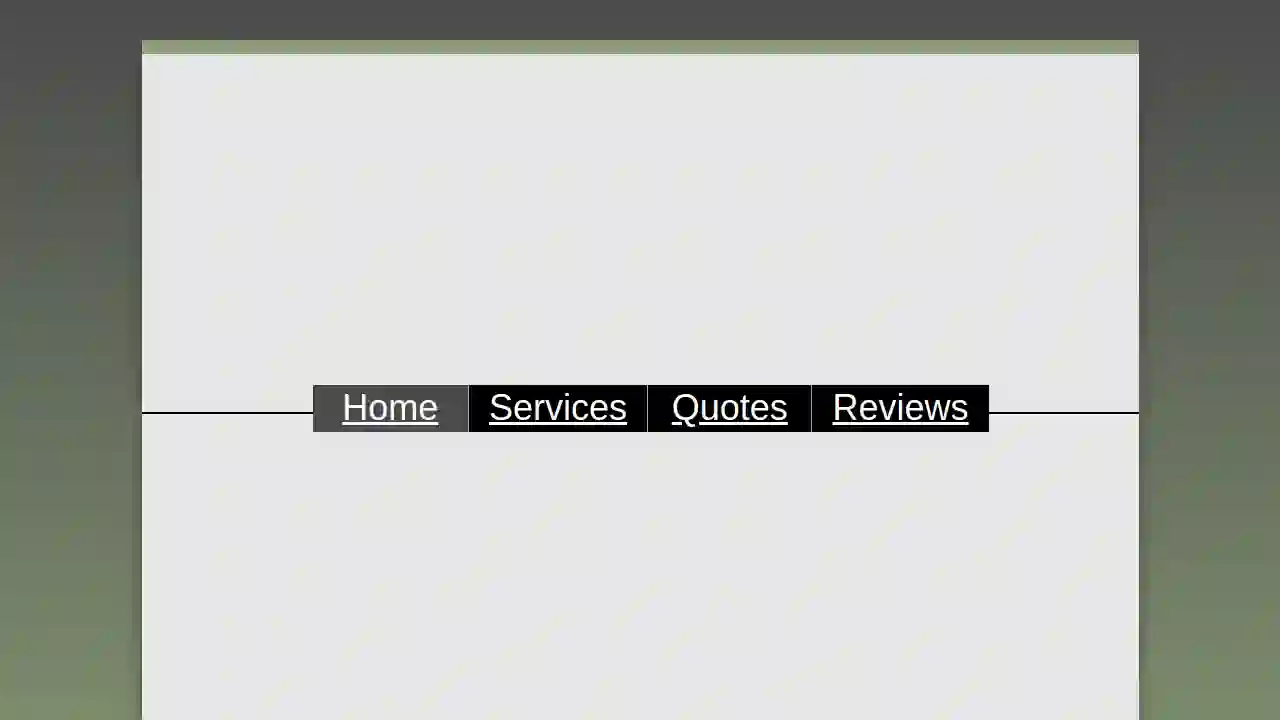
In Earth Excavating & Contracting, Inc
4.36 reviewsWoodbridge, USIn Earth Excavating & Contracting, Inc. In Earth Excavating & Contracting, Inc. is a woman-owned business that is insured, licensed, and certified by the NJDEP. We are also OSHA trained and Roth-certified installers. We specialize in tank installations and tank removal services, as well as tank locating and much more! We offer start-to-finish solutions for every project and also many other services. We also work in collaboration with Frey Engineering for Septic Systems, Geotechnical and Environmental Services. Check out samples of our recent work on our Facebook page, and you'll agree that we're the best choice. Quality Excavation and Contracting Guaranteed: +1.908.246.6891
- Services
- Why Us?
- Our Team
- Testimonials
- Gallery
Get Quote
Structure Tone LLC
56 reviewsWoodbridge, USWho We Are We are a family of companies building amazing spaces across the US, Canada, UK and Ireland. History Founded in 1971, we have grown into an organization made up of over 4,700 employees across 54 offices.
- Services
- Why Us?
- Gallery
Get Quote
Four J Excavation
51 reviews2900 Broadmoor Drive, Las Cruces, 88001, USFour J Excavation: Your Trusted Partner for Dirt Work and Excavation in Las Cruces, NM Four J Excavation is a locally owned and operated dirt work and excavation company serving Las Cruces, Dona Ana County, New Mexico, and El Paso, Texas. We are a team of experienced professionals dedicated to providing high-quality excavation services for residential, commercial, and industrial projects. We are committed to delivering exceptional results, exceeding expectations, and building lasting relationships with our clients. As a retired Army Veteran, I bring a strong work ethic and commitment to excellence to every project. We understand the importance of timely completion, meticulous attention to detail, and working within budget. We are proud to serve our community and contribute to the growth and development of our region. At Four J Excavation, we are more than just an excavation company. We are your trusted partner, dedicated to helping you achieve your project goals. We take pride in our work and strive to build long-term relationships with our clients based on trust, communication, and mutual respect.
- Services
- Why Us?
- Gallery
Get Quote
Over 22,076+ Excavation Contractors registered
Our excavation companies operate in Edgewater & surroundings!
ExcavationHQ has curated and vetted Top Excavation Contractors in and around Edgewater. Find the most trustworthy pro today.
Frequently Asked Questions About Demolition Contractors
- Clear the Site: Remove all furniture, appliances, personal belongings, and any valuable items from the structure.
- Secure the Perimeter: Fence off the demolition area to prevent unauthorized access and protect surrounding property.
- Disconnect Utilities: Arrange for the disconnection of electricity, gas, water, and other utilities servicing the building.
- Hazardous Material Abatement: If asbestos, lead paint, or other hazardous materials are present, have them professionally removed before demolition begins.
- Notify Neighbors: Inform your neighbors about the demolition schedule to minimize disruptions and address any concerns.
- Obtain Permits: Ensure all necessary demolition permits are in place before starting work.
- Safety: Experienced contractors have the knowledge, skills, and safety training to execute demolitions safely, minimizing risks to workers and surrounding areas.
- Efficiency: Contractors have the specialized equipment and expertise to complete demolitions efficiently, saving time and reducing project costs.
- Compliance: Reputable contractors are familiar with local regulations and permitting requirements, ensuring compliance and avoiding legal issues.
- Waste Management: Contractors have waste management plans to handle debris responsibly, including recycling and proper disposal.
- Liability Protection: Insured contractors protect you from financial responsibility for accidents or damages during the demolition process.
- Feasibility Studies: Assessing the viability and challenges of a demolition project.
- Demolition Planning: Developing demolition plans, including method selection, sequencing, and safety procedures.
- Permitting Assistance: Navigating the demolition permitting process and ensuring compliance with regulations.
- Hazardous Material Surveys: Identifying and managing hazardous materials, such as asbestos and lead paint.
- Cost Estimating: Providing accurate cost estimates for demolition services.
- Project Management: Overseeing the demolition process and ensuring it proceeds as planned.
How do I prepare my property for demolition?
What are the benefits of hiring a professional demolition contractor?
What is the role of a demolition consultant?
How long does a demolition project take?
How do I prepare my property for demolition?
- Clear the Site: Remove all furniture, appliances, personal belongings, and any valuable items from the structure.
- Secure the Perimeter: Fence off the demolition area to prevent unauthorized access and protect surrounding property.
- Disconnect Utilities: Arrange for the disconnection of electricity, gas, water, and other utilities servicing the building.
- Hazardous Material Abatement: If asbestos, lead paint, or other hazardous materials are present, have them professionally removed before demolition begins.
- Notify Neighbors: Inform your neighbors about the demolition schedule to minimize disruptions and address any concerns.
- Obtain Permits: Ensure all necessary demolition permits are in place before starting work.
What are the benefits of hiring a professional demolition contractor?
- Safety: Experienced contractors have the knowledge, skills, and safety training to execute demolitions safely, minimizing risks to workers and surrounding areas.
- Efficiency: Contractors have the specialized equipment and expertise to complete demolitions efficiently, saving time and reducing project costs.
- Compliance: Reputable contractors are familiar with local regulations and permitting requirements, ensuring compliance and avoiding legal issues.
- Waste Management: Contractors have waste management plans to handle debris responsibly, including recycling and proper disposal.
- Liability Protection: Insured contractors protect you from financial responsibility for accidents or damages during the demolition process.
What is the role of a demolition consultant?
- Feasibility Studies: Assessing the viability and challenges of a demolition project.
- Demolition Planning: Developing demolition plans, including method selection, sequencing, and safety procedures.
- Permitting Assistance: Navigating the demolition permitting process and ensuring compliance with regulations.
- Hazardous Material Surveys: Identifying and managing hazardous materials, such as asbestos and lead paint.
- Cost Estimating: Providing accurate cost estimates for demolition services.
- Project Management: Overseeing the demolition process and ensuring it proceeds as planned.